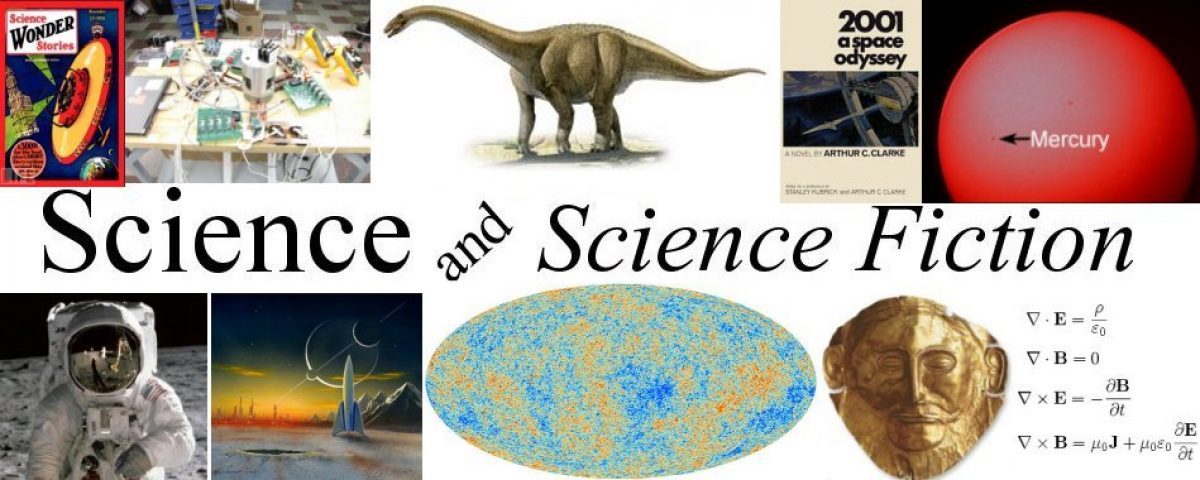Processed foods are nothing new, smoking, salting and pickling of meats and vegetables has been a common practice for thousands of years. Much of early human chemistry was devoted to processing foods for the purpose of preventing them from spoiling. In our modern world we may be able to go to the supermarket to buy fresh food whenever we want but for most of human history processing food during the summer and autumn was the only want to make certain that you’d have food to eat during the long winter.

One problem with any method of processing however is that it always removes or reduces some of the nutritious value of the food, especially the food’s vitamins which are rather delicate chemical compounds. Still, if the only thing you have to eat in the middle of January is some low-nutrient smoked bacon and pickled cabbage, also known as sauerkraut, you’ll eat it and get your vitamins from fresh food during the summer.

Over the last two centuries there has been a revolution in new methods for processing foods. Canned foods and frozen foods are now common along with many kinds of chemical preservatives that help keep food from spoiling. Supermarkets of course love such preserved foods because they can sit on the store’s shelves for months until somebody buys them while any fresh food that isn’t bought quickly has to be thrown away at a financial loss to the market.
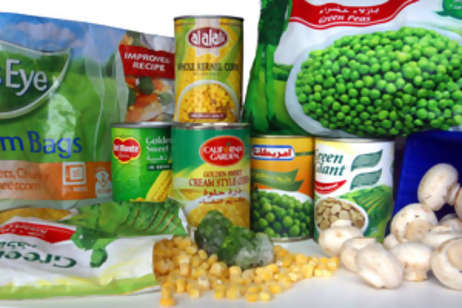
As more and more of the foods we eat have become processed foods the problem of low-nutrition has slowly become a bigger and bigger problem. To make matters worse the food manufacturers found ways to make their processed foods actually taste better than fresh food, usually just by increasing the fat content or the sugar content or even just by adding more salt, things that in large amounts are actually bad for our health.
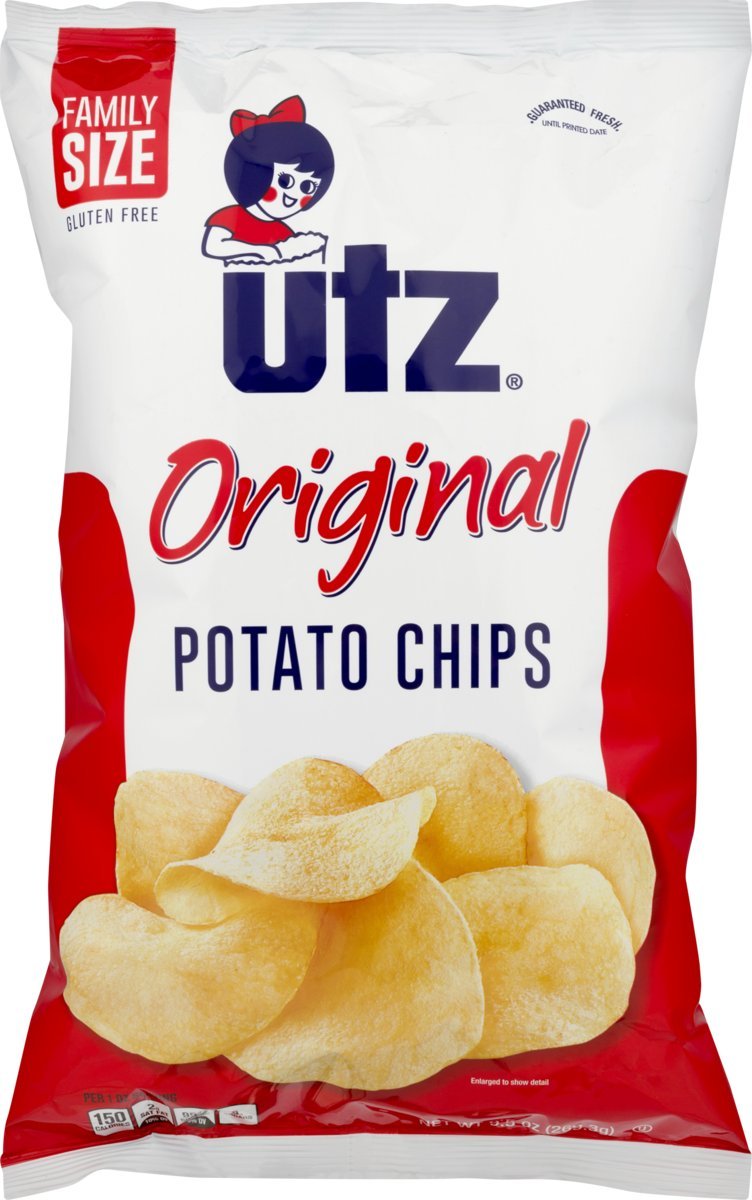
Meanwhile convenience stores like 7-11, Wawa or Royal Farms are becoming ever more popular by selling a wider variety of processed foods without the added space and expense necessary for fresh meats and vegetables. The same is true of the innumerable ‘Mom and Pop’ grocery stores that seem to exist on nearly every block in most cities. These two types of grocery stores have in fact taken over much of inner city America so that now large sections of many big cities have become ‘Food Deserts’ where the only food that is readily available is unhealthy processed food instead of fresh, nutritious food.

The result of this heavy reliance on Hi-Calorie, Low-Nutrition food has been an epidemic of obesity in this country. And with obesity comes all the health risks associated with it, especially heart disease.

So what can we do, go back to fresh foods with a very limited shelf life. Many health conscious people are doing exactly that, even to the extent of growing some of their own food, either in their backyard or in an ever increasing number of community gardens. However there are simply too many people on this planet today for that to be a complete solution, if only because of the increase in waste caused by uneaten fresh food going bad.
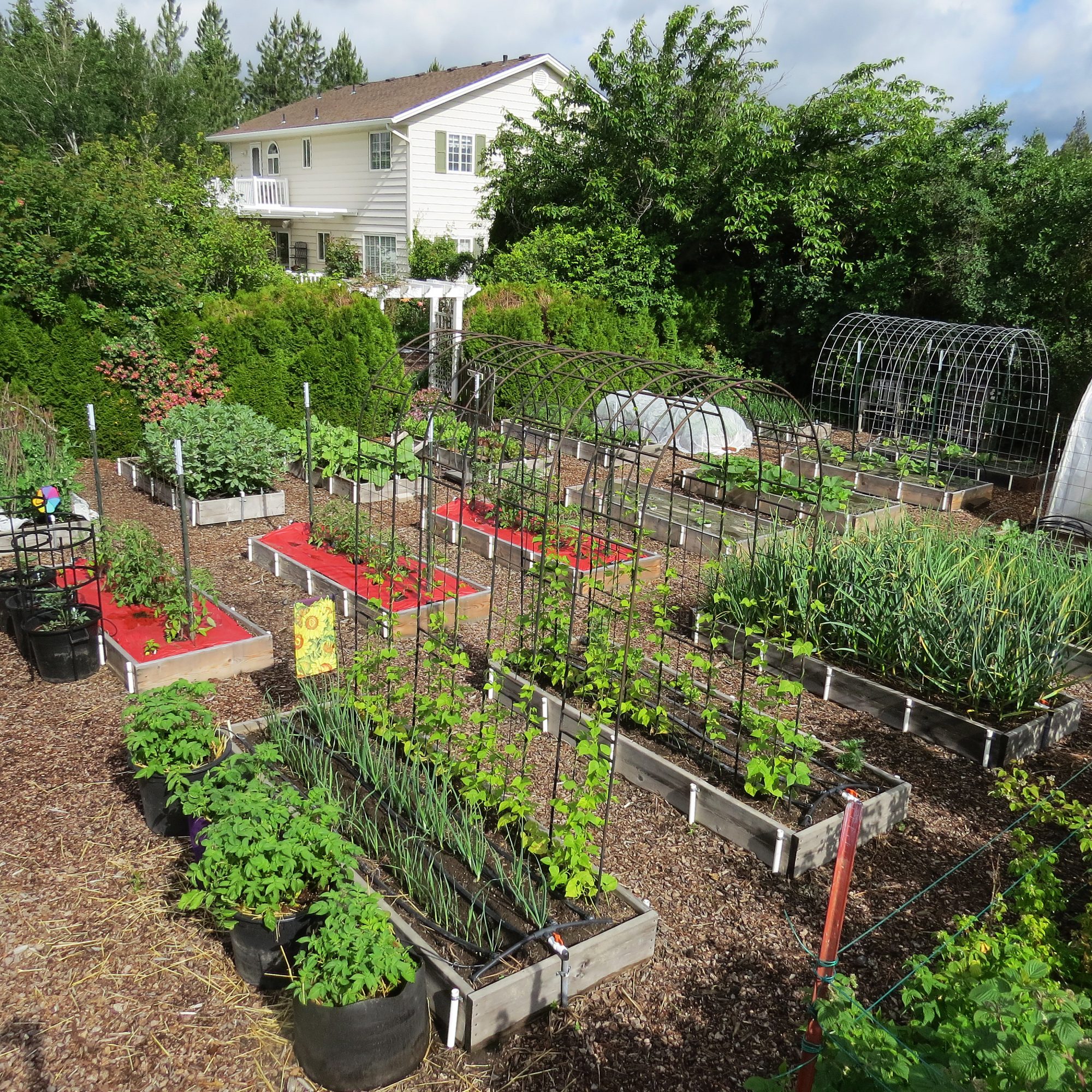
So why can’t the scientists and chemical engineers who develop processed foods find a way to make them more nutritious, lower in fat and just plain healthier? In fact there have been many attempts to do just that. Milk and Orange juice have for many years been fortified with vitamins while several brands of breakfast cereal have been made that provide both needed fiber along with loads of vitamins.
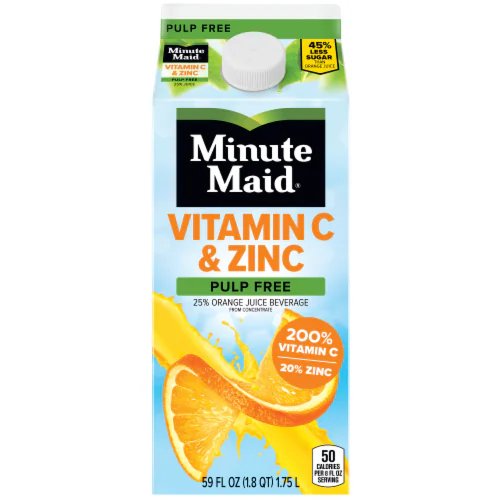
Problem is that these healthy foods just don’t taste as good as the ‘bad foods’ do making it hard to convince people to switch. More work needs to be done to make processed foods better tasting and even more nourishing.
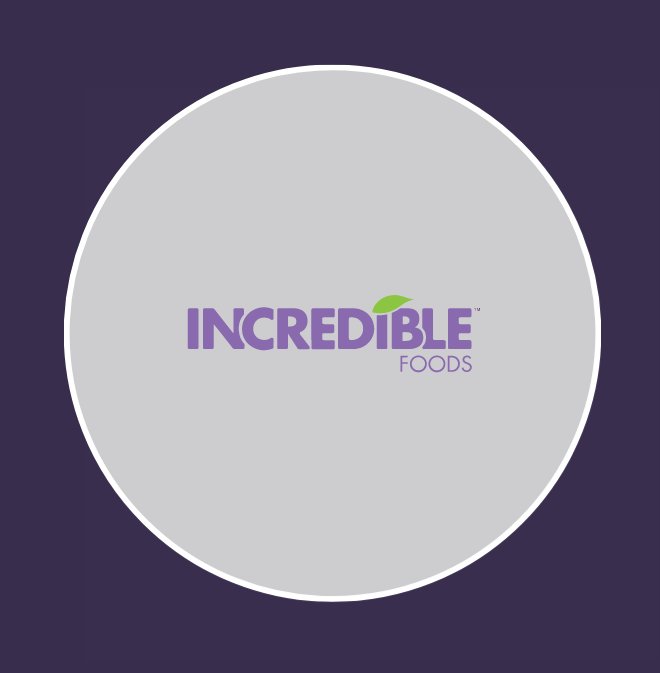
Enter David Edwards, Professor of Engineering at Harvard University, Founder and Board Member of Incredible Foods Inc. and now operator of the restaurant Café ArtScience in Cambridge Massachusetts. For years Professor Edwards has been at work developing new varieties of food products that are delicious, nutritious and have zero impact on the environment.
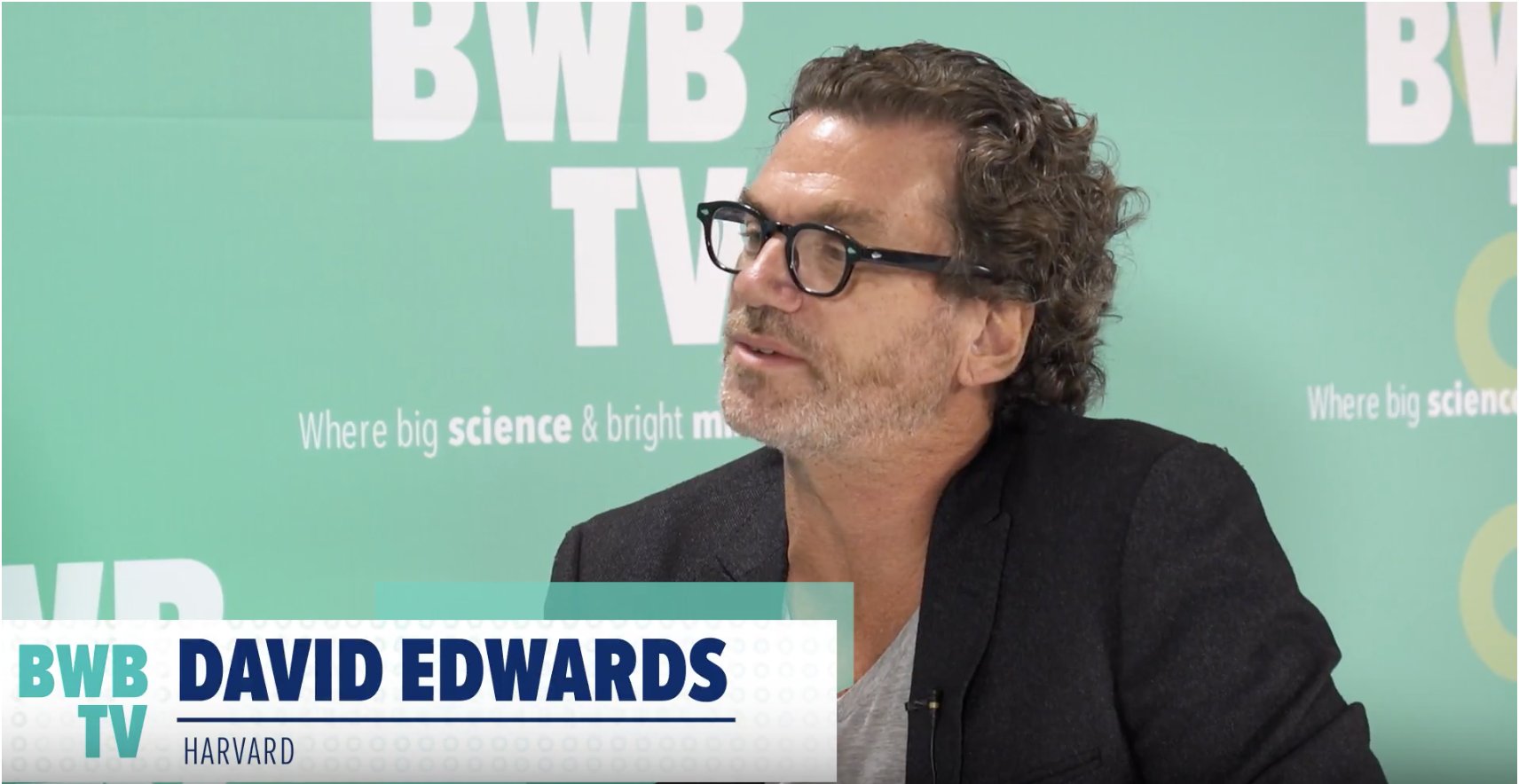
Take WikiWater for example. Inside a hard shell made of a biodegradable corn derived protein, no plastics, water is contained within an edible skin packed with vitamins and other nutrients. Edwards hopes that WikiWater will replace the current plastic water bottles and help lessen the thirst of people in third world countries. Less trash with better nutrition, sounds like a good idea to me!

Professor Edwards made his first big contribution with an inhalable form of insulin for diabetics. Since founding Incredible Foods he and his team have been busy creating a new line of products they call ‘Food Berries’. Food Berries are small, fruit flavoured snacks that are contained inside an edible skin that is not only packed with vitamins but also provides the Food Berry with a considerable shelf life. There are also Hummus and Yogurt varieties of food berries along with a frozen, ice cream style.
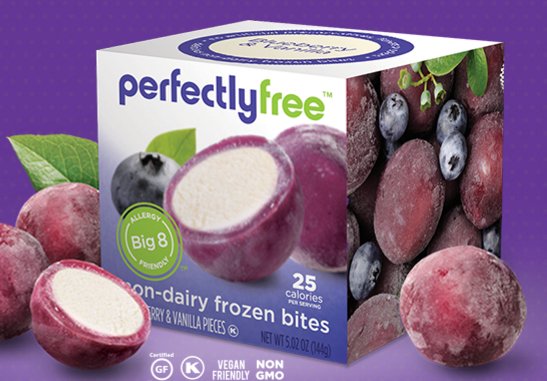
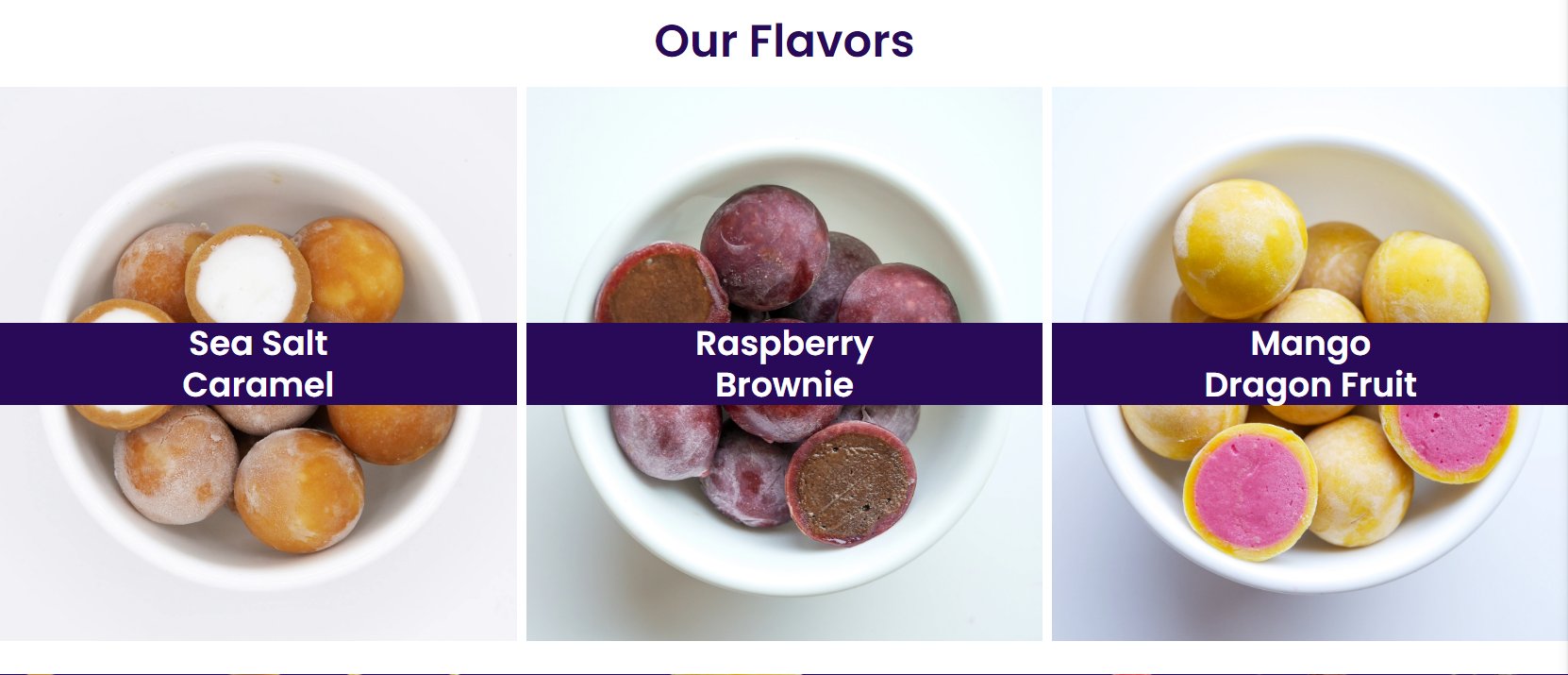
So yes we can develop new types of food that are tasty, healthy, long lasting and environmentally friendly. Thanks to scientists like David Edwards we have the technology, we can have processed foods that are actually better than fresh foods. All we need is for our leaders to recognize the problem and do something to solve it.
